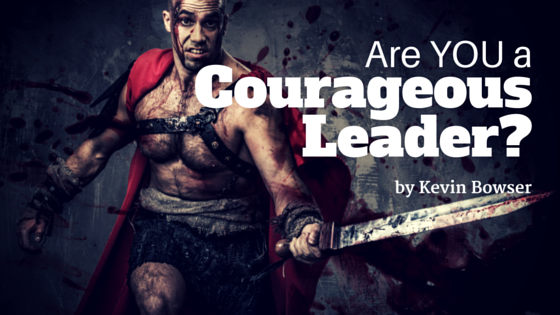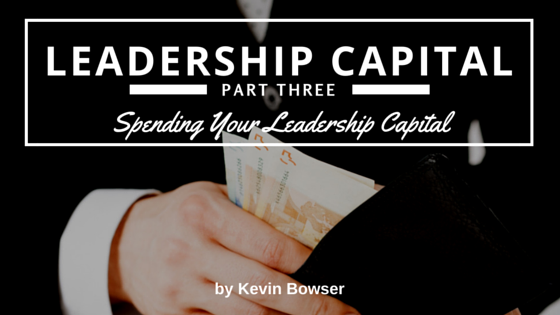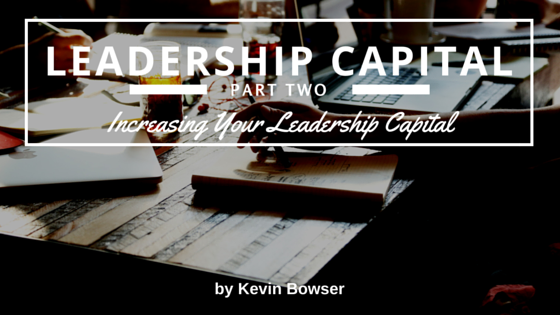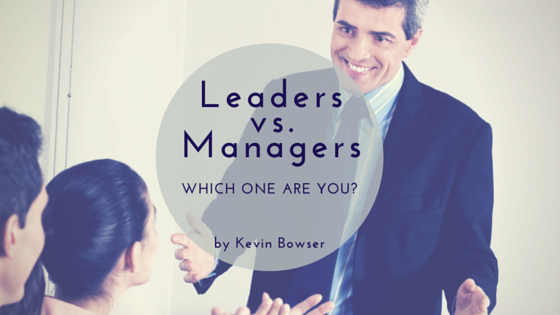To make a case for one of them is to also make the case for the other. Because to truly grasp Emotional Intelligence (EI) and not put it into practice in every area of life would be to deny by your actions that you really “get it” when it-comes to the topic of EI.
I am in the process of writing a book on the topic of what it means to take Emotional Intelligence beyond just “knowing” and onto the important steps of incorporating that knowledge into our daily lives. In other words, becoming emotionally “adept” and not just full of knowledge that is never applied to how we live our lives. I am terming this, becoming “Emotionally Adept” and it is part of the overall process of becoming an “Emotionally Adept Leader.”
However, before I continue and expand on what it is to be emotionally adept, I should probably set the background for those not familiar with EI or reset the background for those that are familiar.
High-level Summary of EI.
By now, many of you have read the book, Emotional Intelligence 2.0 by Travis Bradberry and Jean Greaves. So, just what is emotional intelligence? The quick answer is to say that there are four components of emotional intelligence that best define it. The first two are about yourself, while the remaining two are concerning others or those around you.
Self- consciousness (Being aware of one’s own emotions)
Knowing yourself and being conscious of your emotions is the first component of emotional intelligence. Becoming aware of
Click here to read the rest of the article »











